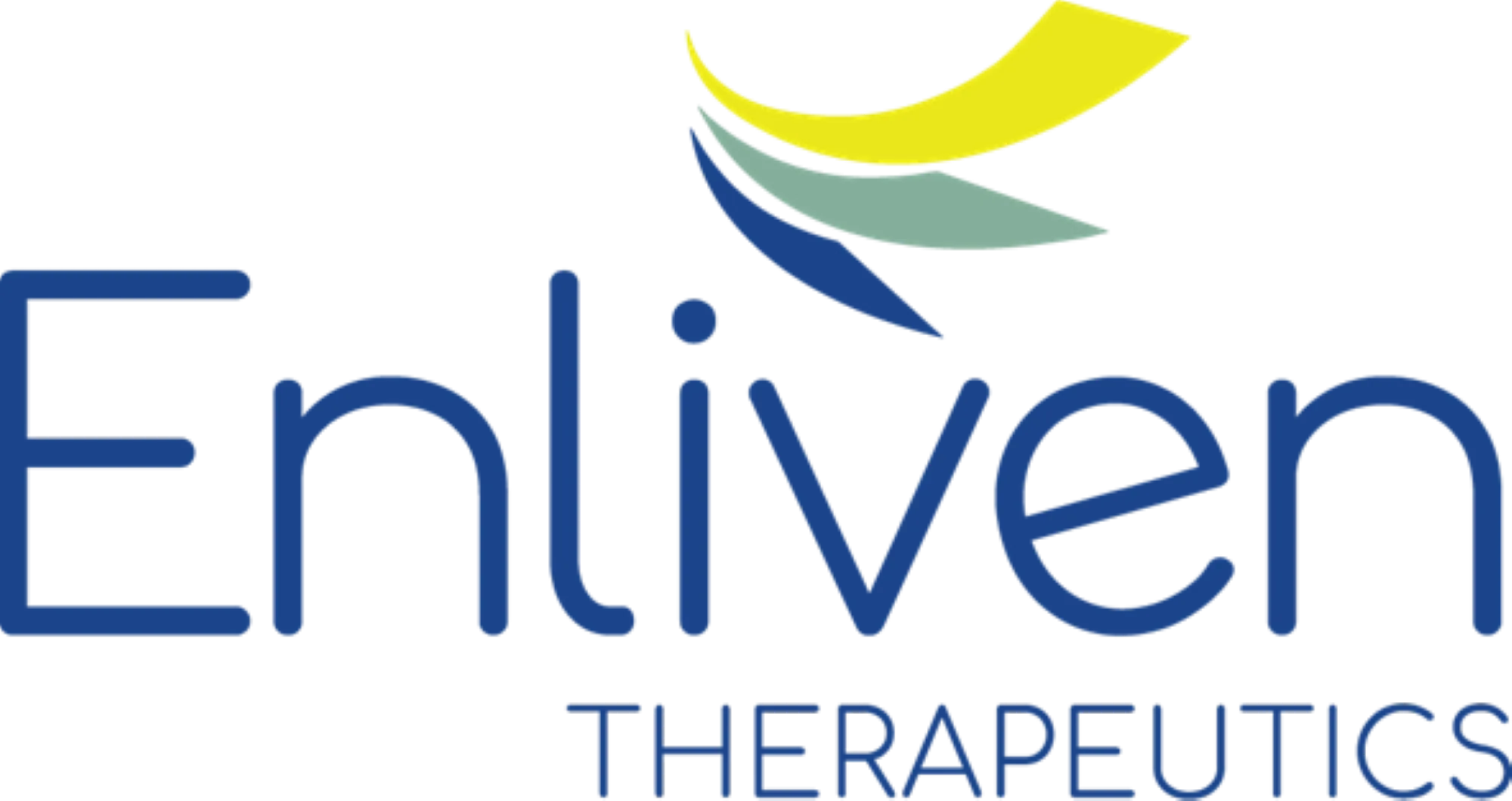CEO Roundtable: Biotech leaders enjoy deep interest from investors amid pandemic
The ongoing pandemic has created a wealth of interest from venture capital investors and the broader public in what biotech companies are able to achieve if it’s flush with resources.
That was the sentiment of a group of Boulder area biotechnology industry leaders, who met virtually at BizWest’s CEO Roundtable on the biotechnology industry Tuesday morning.
Steady stream of investor dollars
Biotech was one of the few industries that was relatively unaffected from a financial standpoint during the pandemic, and multiple companies marked significant financial milestones just in the past few months. Edgewise Therapeutics Inc. (Nasdaq: EWTX) raised $202.4 million in late March…
THIS ARTICLE IS FOR SUBSCRIBERS ONLY
Continue reading for less than $3 per week!
Get a month of award-winning local business news, trends and insights
Access award-winning content today!




